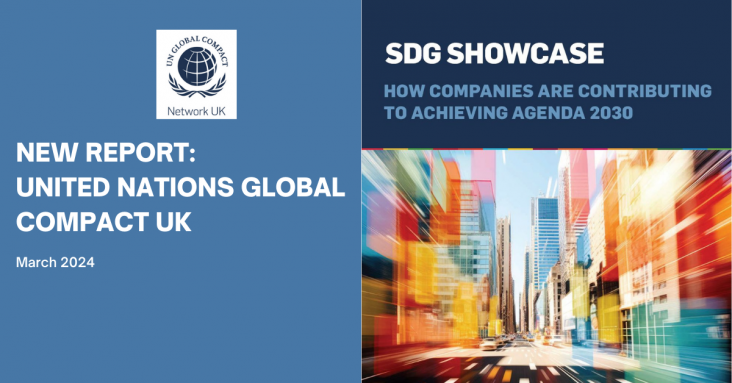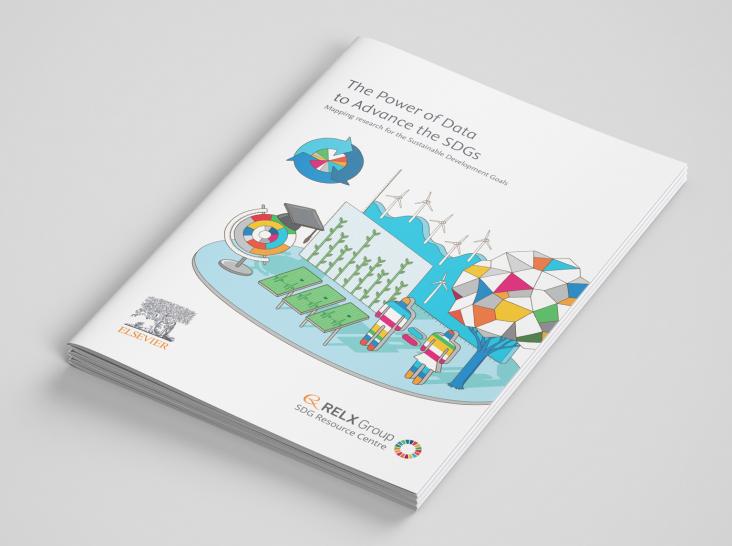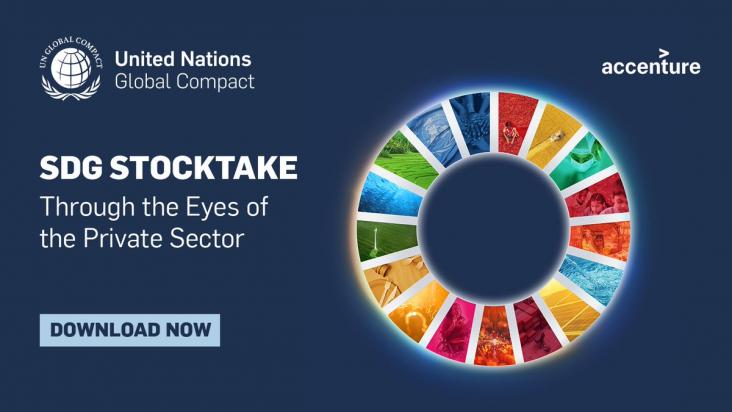Strengthen the means of implementation and revitalize the global partnership for sustainable development

In recent years, increased expectations from investors, regulators, employees, and customers have put significant pressure on companies to increase their sustainability efforts.
The Sustainable Development Goals (SDGs) are not just another sustainability framework, but the only universally agreed blueprint to turn meaningful ambition into transformational change. However, businesses report difficulties in integrating the SDGs into their core strategies and in understanding, reporting, and managing their impact on the Goals.

Access to information is critical in achieving the SDGs - empowering the public to make decisions, informing policy making and enabling effective implementation and monitoring. RELX businesses regularly produce and publish free to download reports and analytics that draw upon vast amounts of information and data in support of the SDGs. Explore some of the reports and tools developed to date.

The United Nations Global Compact-Accenture Global Private Sector Stock take report report offers an appraisal of private sector contributions to the SDGs so far and outlines a clear pathway for private sector action over the next seven years.
This case study shows the contribution of the Global Partnership for Sustainable Development Data to the Open Algorithms Initiative. It addresses how to unlock the potential of private sector data for public good purposed in a safe ethical, scalable and sustainable manner furthering goals 9 and 17.
Partner content
United Nations UniversityUnited Nations University, September 2019.
Directly relevant to SDGs 8 (Decent Work and Economic Growth) and 17 (Partnerships for the Goals), this report explores a public-private partnership which puts the financial sector at the heart of global efforts to end modern slavery and human trafficking and accelerate action in eradicating these practices.
Partner content
United Nations Global CompactUnited Nations Global Compact, September 2019
This report showcases business leadership on climate action aligned with limiting global temperature rise to 1.5°C. Advancing SDGs 12, 13 and 17, this report features solutions and strategies developed by companies that have taken the 1.5°C pledge and examines how business leaders are integrating this process into corporate strategies and generating employee buy-in.
The Africa Regional Data Cube (ARDC), based on the Open Data Cube infrastructure, is a technological innovation that layers 17 years of satellite imagery and Earth observation data for five African countries. This report identifies the key enabling environment, data management and sharing factors that affect the operationalization of the ARDC and makes recommendations to inform the scale-up of the technology, furthering SDGs 9 and 17.
This report represents more than a decade of research on sustainable business. Together with the UN Global Compact Progress Report, it forms the world’s most comprehensive research to date on business contribution to the SDGs, advancing Goals 12 and 17.
The SDG National Reporting Initiative was launched to facilitate greater information-sharing on SDG reporting between international, regional, and local communities, furthering SDGs 16 and 17. This report summarises the state of SDG reporting as well as challenges and successes identified during the implementation of the SDG National Reporting Initiative.
In May 2019, GIZ partnered with the Global Partnership for Sustainable Development Data and the Governments of Kenya and Ghana to organize a joint peer learning workshop for partners engaged in SDG implementation and monitoring from both countries. The aim of the workshop was to share and learn from each others experiences in the area of SDG monitoring and engage in a technical cross-country exchange, furthering SDG 17.
